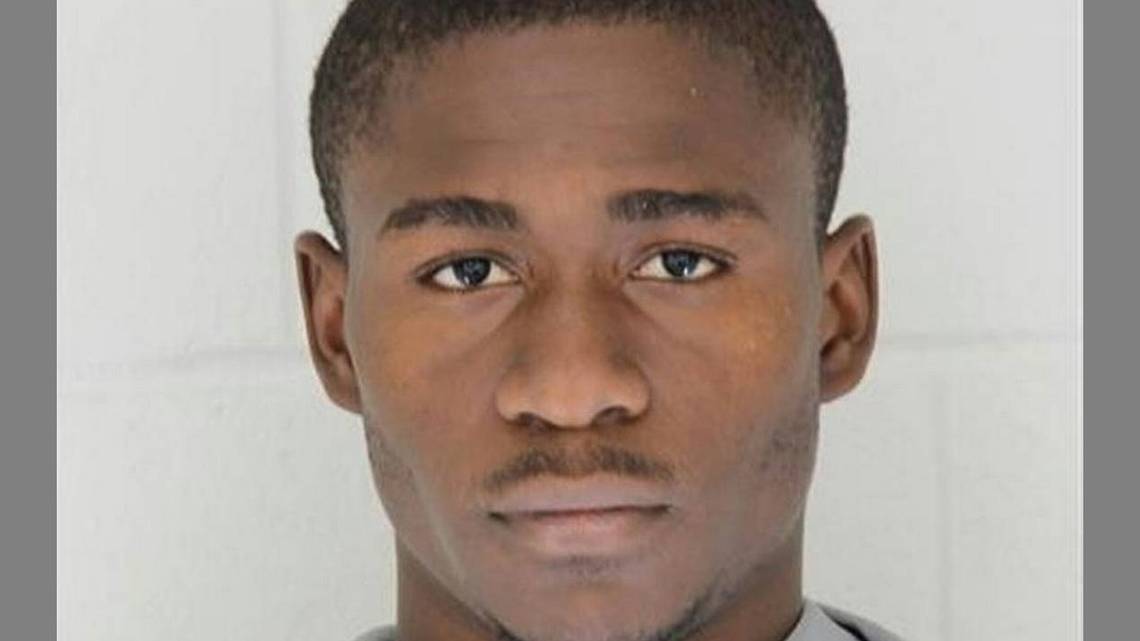Family of Lompoc Inmate Found Dead Demands Answers
Mamoudou Kaba, 24, Was Found Unresponsive Sunday Morning.

The family of 24-year-old Mamoudou Kaba, who died under undisclosed circumstances Sunday morning at the United States Penitentiary in Lompoc, is pleading with federal authorities and Santa Barbara coroner’s officials for information about his death. Thus far, they’ve only been told that Kaba was found unresponsive at approximately 10:30 a.m. and declared dead by responding paramedics.
“We just want to know what happened to my brother,” said older sister Sayon Kaba, who lives in Missouri. Mamoudou was from Kansas and was serving time for bank robbery. He was scheduled for release in six months, his family said, and had plans to start a trucking business. In the meantime, he was tutoring other inmates in math. “They need to at least tell us how they found him,” Sayon said. “Was he in bed? Was he sick? Was he stabbed?”
Get the top stories in your inbox by signing up for our daily newsletter, Indy Today.
The Lompoc prison complex remains the site of one of the worst COVID-19 outbreaks in the country, with more than 1,100 inmates and staff testing positive for the disease. Four inmates have died. Mamoudou, however, did not have the virus, coroner’s officials confirmed to the Independent Wednesday morning. “We will be moving forward with toxicology and an autopsy to determine cause and manner of death,” said spokesperson Raquel Zick. “We will not have a final opinion until we receive toxicology results, [which] will be anywhere between 30 and 60 days.”
The Kaba family emigrated from Africa when Mamoudou, Sayon, and their four other siblings were young, Sayon said. All of them have since earned their American citizenships. Their mother is currently in Africa and attempting to travel back to the U.S. for Mamoudou’s funeral. The family is Muslim, Sayon explained, and her brother ought to have been buried the day he died. “I feel like we’re being given the runaround, and it ain’t right,” said Sayon. “We have the right to know what happened to our family member. He was in their care.”
This article was underwritten in part by the Mickey Flacks Journalism Fund for Social Justice, a proud, innovative supporter of local news. To make a contribution go to sbcan.org/journalism_fund.



